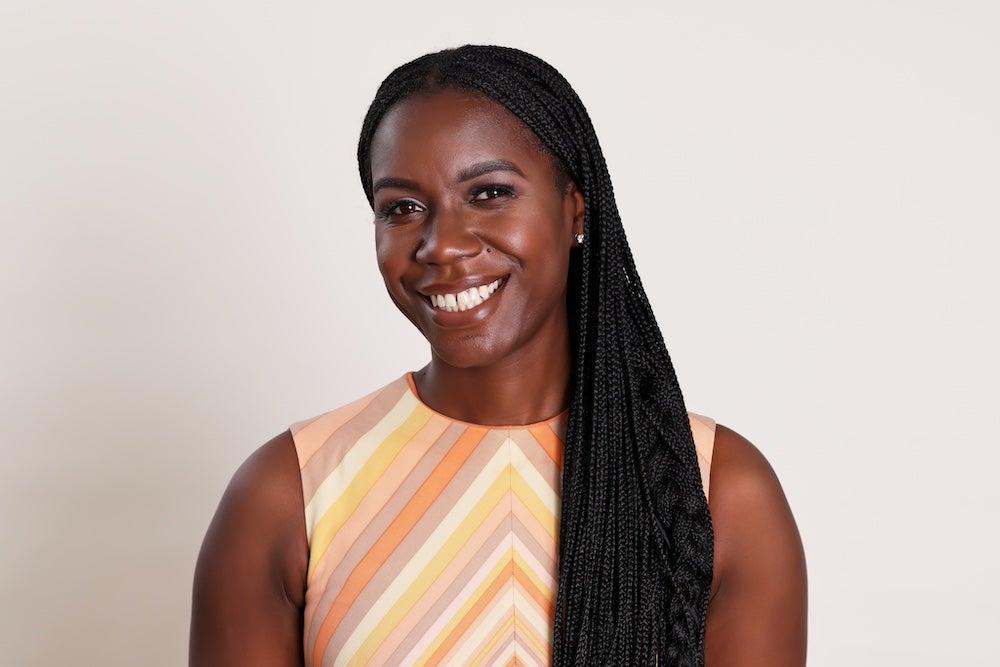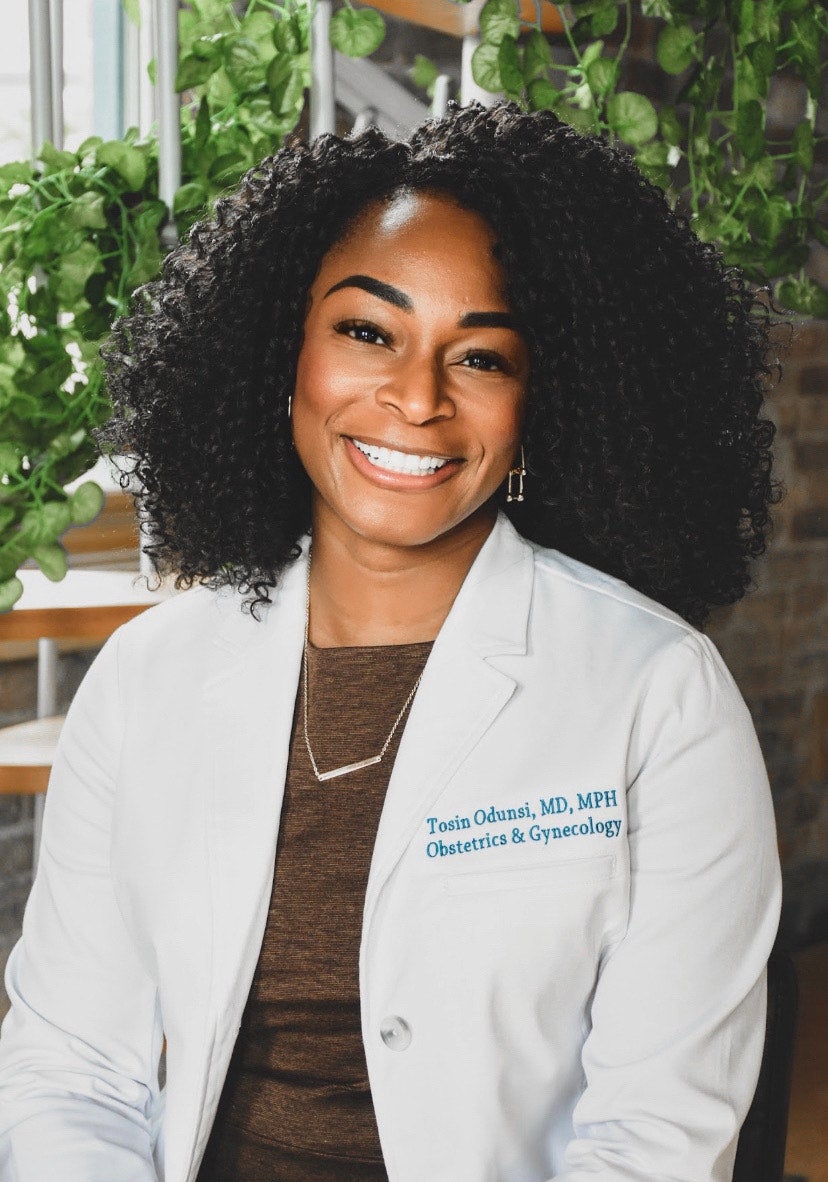
Maternity care begins at preconception, and three Black OB-GYNs sat down with ESSENCE to discuss what they want you to know before starting your pregnancy journey.
For Black women, the statistics can be scary, especially when considering that “more than 80% of pregnancy-related deaths in the U.S. are preventable” and “Black women are three times more likely to die from a pregnancy-related cause than white women.” But knowing and recognizing the warning signs and taking preventative measures could save your life, and Drs. Cooper, Ejiogu, and Odunsi provide some helpful tips on how to prepare your body before pregnancy.
Chidera C. Ejiogu, MD is a Houston based obstetrics specialist at UTHealth Houston and UT Physicians Women’s Centers. She told ESSENCE “[i]t is most imperative in preparations for pregnancy to make your mind and body the best vehicle possible – this includes adequate nutrition/supplementation, optimization of existing health conditions, and stabilization of one’s mental health.”

Joy A. Cooper, MD MSC calls herself “The Olivia Pope of Ob-Gyn.” In addition to her medical practice, the Oakland based OB-GYN, Cooper is the CEO and co-founder of Culture Care, “a telemedicine startup company that connects Black women with Black doctors.”

Dr. Cooper’s advice: “I say begin with the end in mind to maximize having a beautiful, intentional pregnancy,” and echoed Dr. Ejiogu’s comments around mental health. “We tend to know our outer self pretty well, like our wash day regimen or our skincare regimen. But do you know your HDL? Your last pap smear results and when you’re slated for your next one? Your HbA1c? Your blood pressure range? This is the way to know your inner glow, the flow and cadence of your blood labs and screening tests.”
“For more inner glow, know your mental health status. If you are under extreme stress or going through depression, talk to a therapist or other professional now so you can enter pregnancy as your best self and give yourself the best fight against postpartum depression,” Dr. Cooper continued. “Turn those statistics upside down and ask your providers what you can do to improve your outcomes. Make sure you pick a winning lineup. Black patients tend to do better with Black care teams. Assemble yours today.”
Tosin Odunsi, MD, MPH, is a board-certified obstetrician-gynecologist who has practiced in many states across the country, including Washington, Georgia, Florida, and currently, Illinois. This diverse breadth of professional experience has given her an idea of what OB-GYN care could, and should, look like for patients. She is passionate about equitable healthcare, building trusting patient-provider relationships, and improving processes that support continuity of care.

Dr. Odunsi emphasized that “[t]his disparity exists regardless of factors such as higher education and income. Preventing these outcomes starts with understanding unique risks before even getting pregnant.”
“Address risk factors,” says Dr. Odunsi. “The leading cause of death among Black women are heart disease-related complications, including high blood pressure and pre-eclampsia. Have your blood pressure regularly monitored before, during and after pregnancy. You may even want to have a blood pressure monitor at home in case you have symptoms.”
For Dr. Odunsi, mental health is also a top priority. She wants Black women to “[e]stablish a relationship with a therapist or spiritual leader. It is also safe to do low-impact exercise, such as walking and yoga. Additionally, taking a birthing class to learn about what to expect during labor and delivery can help to alleviate some stress.”
Maternity care also does not end with birth. As Dr. Odunsi notes, “the postpartum period is a critical time that is often overlooked. Up to 45 percent of maternal deaths happen in the weeks after delivery, where people are farther away from medical care and a regular support system. If you are not connecting with your baby, have a loss of interest, or are feeling hopeless, be sure to discuss this with your provider.”
Ultimately, starting a family can be a really happy time—”Think of the bundle or bundles of joy that are on the other end of all this manifesting. Happy preparation and procreating!” says Dr. Cooper.







